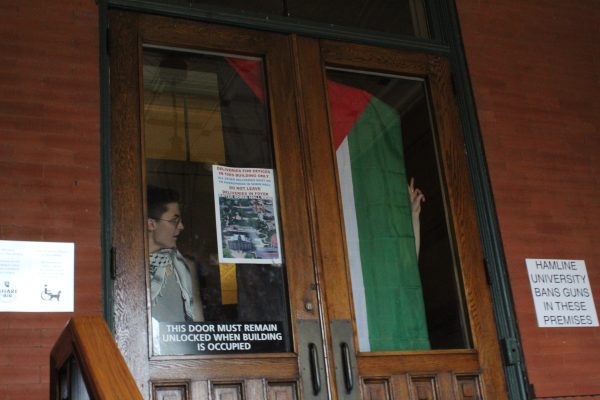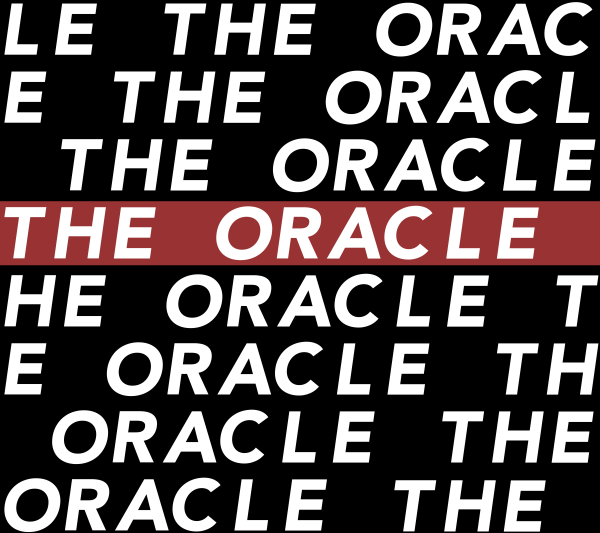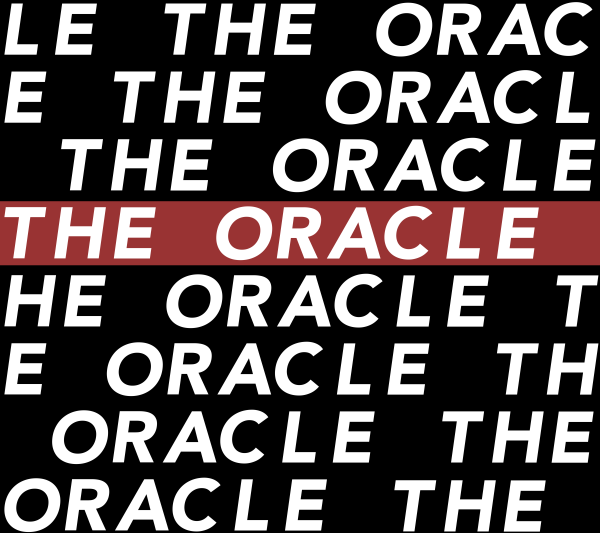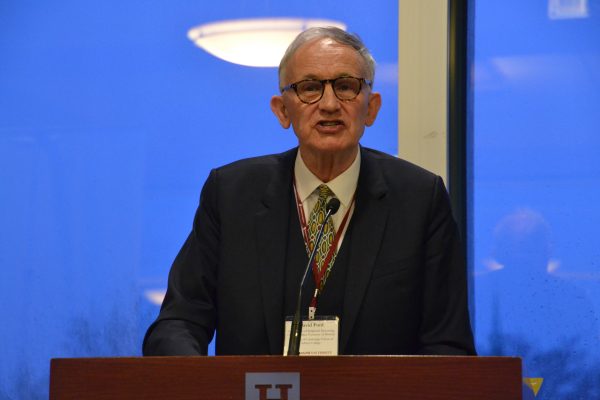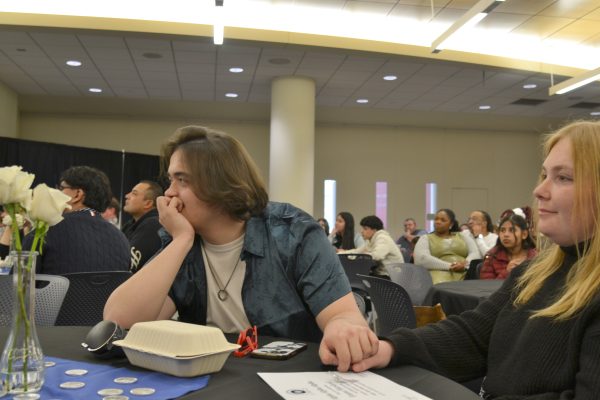A conversation with Dr. Fayneese Miller
President Miller discusses her goals and the issues still facing Hamline, from diversity to the budget
March 16, 2016
She’s not a stranger to Hamline’s campus, but students still want to know what President Fayneese Miller’s plans and ideals are. Miller was instated as Hamline’s 20th president on July 1, 2015. Miller has had a term to settle in and start working, so we interviewed her on how things have gone and what she expects from the future.
“Well, I think the last semester went well, at least I hope it did,” Miller said. “Last semester was really about letting the campus get to know me and become comfortable with me, and getting to know the faculty, staff and students. I think that I accomplished that.”
Miller continued to describe all of the on-campus events she has attended, including athletics, fine arts, and digital media arts. She explained that it’s important to get to know the campus on a personal level, and physically showing up to these events helps her understand the campus, students and professors.
However, Miller has slightly different plans for this term.
“The biggest thing I have to target this semester is really working to make sure that all the resources that we need at Hamline, we have. So my goal this semester is become as visible as I can with our alums so they can get to know me now and they can know what’s happening on campus so they feel comfortable with where the university is going,” Miller said.
It’s important to also get to know the issues on campus that faculty, staff and students are facing currently. Some argue that diversity, most critically racial diversity, is the paramount issue on campus. Miller was the director of the Center for the Study of Race and Ethnicity in America at Brown University—so it’s not a surprise that she finds diversity at a college imperative.
“Diversity is something I feel very strong about…Difference is something to celebrate, something we should embrace. So here we do have a diversity committee that I meet with. I supported the diversity survey that went out to campus. That was a very good survey that dealt with some very important information for all of us and I will use that information as I move forward,” Miller said.
She continued to explain how gender, racial, class, and religious equity were all important to her, and for shaping a campus.
“Our student body from a diverse perspective is not bad. But when you look at our faculty and staff, we’re not doing well there. We’ve had diverse faculty and staff, so why did they leave? What do we need to do in order to attract other people? I know that Hamline is a good place to work. So we’ve got to make sure any and all will want to be part of the university.”
Racial problems off-campus also affect those on-campus. Many Hamline students are involved in activism in the Twin Cities, like the Black Lives Matter campaign. Miller had a lot to say about student activism.
“One of the things that I think is really important is that students show their beliefs. If students feel very strongly about an issue and organize themselves in a way that is thoughtful, that is planned, and that is respectful, then I think like anyone else, they should have the right to express themselves,” Miller said.
She explained that she wants the students to be safe, and that if they want to go off campus for protesting, to let Hamline know of their location, in case the situation gets dangerous. She also explained how she participated in activism when she was younger.
Although she said she wasn’t old enough to protest in the Vietnam War or the Civil Rights Movement, what she did do was write. In high school she wrote for her school newspaper, “The Chatterbox”, along with a youth page in the city newspaper. This medium led to her speaking out.
“I was from Danville, Virginia; among the last towns in the country to desegregate schools. And when I began at the high school… the police officers were there. They had their belts off, with their buckles pointing down, they had dogs, and that’s how those of us who were students of color, and all of us, entered an environment—that for us was hostile. My junior year… a classmate of mine [she was white], we decided to write about our first day of school from different perspectives. Her perspective and my perspective. And when the article came out in the city paper, the principal of the school called in my classmate, the assistant principal called me. What was significant about this is, the principal was white, the assistant principal was black. We were both told the same thing, however. But the principal didn’t think he could talk to me. We were both told that if we continue to write about our first days at our school, that we would be expelled. My parents or the NAACP didn’t have to get involved because the editor of the city paper stepped in. He said if either one of us were expelled, the paper would sue the school district. It was freedom of the press,” Miller said.
She concluded her story by encouraging students to find a way to make their voices heard, like she did.
Miller is excited to continue working. Next year she has financial ideas and plans to work on making Hamline more visible.
Every year there are questions and concerns from student, faculty, and staff about what will be cut. Miller responded to some of those concerns.
“Well, we have to take a look at our costs. And we have to look at our resources. Our costs are higher than they should be. It’s probably no secret on campus that I am looking at ways of which we right-size the institution. Ways in which we are better able to operate within our means but also have money for a rainy day. And also that we build our endowment. All those kind of things we must do. While I am talking about cutting costs, I’m also talking about revenue generation. So it can’t be just about costs. We gotta’ look for what kinds of things that we do that we generate more revenue. So it’s both. But will I be cutting costs? Yes, I will. I have to. I hope people will understand. I hope they will also understand that everything has to be reviewed. I say everything because I heard that students do not want me to touch J-term. Can I leave J-term without taking a look at it?” Miller said.
Miller concluded that she wants Hamline’s story to be told. She believes that Hamline needs more visibility as an “extraordinary” institution, and its “incredible” students and faculty are something more people should know about.

